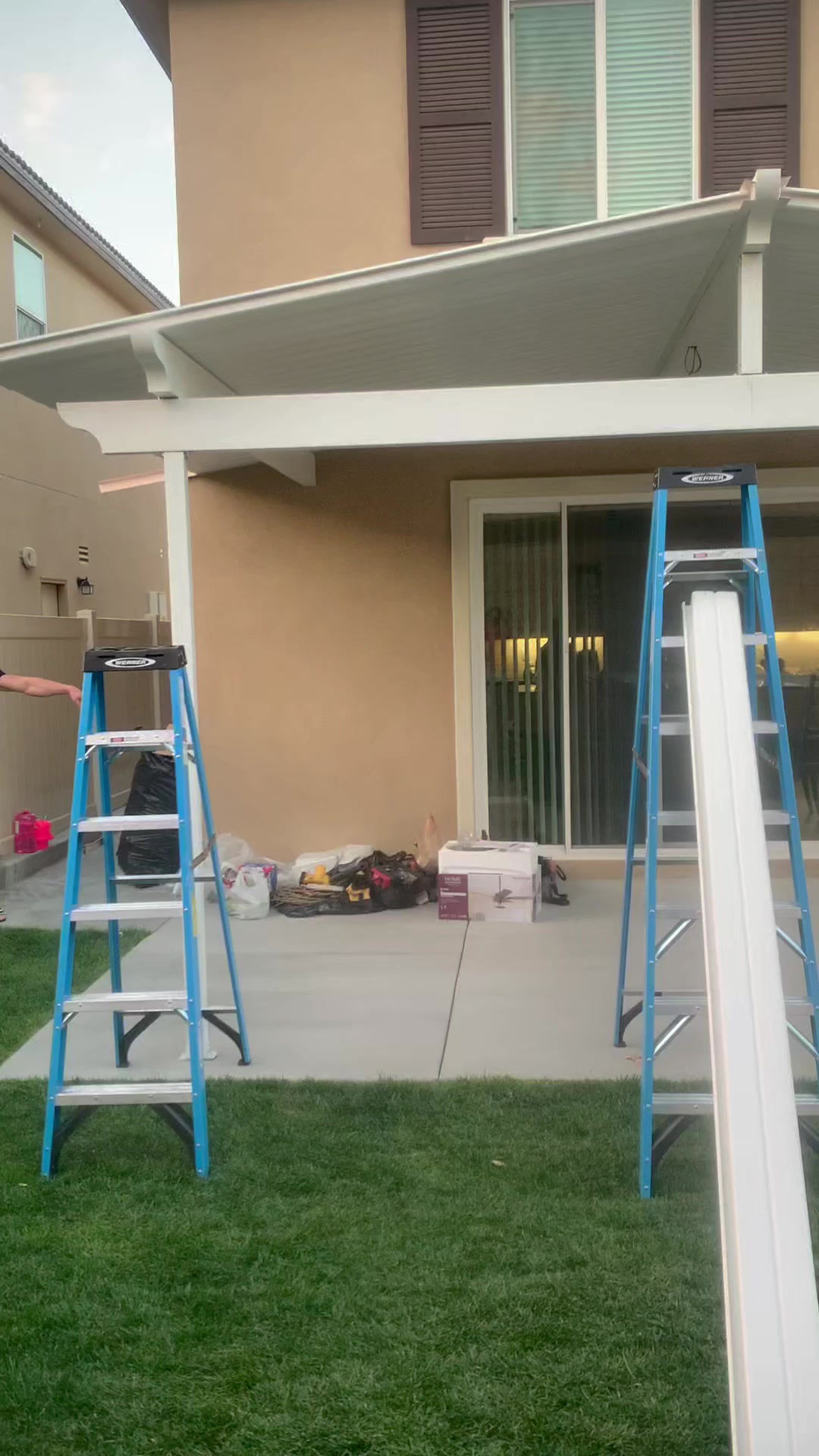General Liability and Bonds: What Residential Contractors and Homeowners Need to Know
- inhome renovation
- Jun 24, 2025
- 3 min read
For anyone involved in residential construction or renovation, the terms "general liability" and "bond" pop up frequently. But what exactly do they mean, and why are they so important for both contractors and homeowners? Let's break it down.
What is General Liability Insurance?
Think of general liability insurance as a safety net for contractors. It primarily protects a business from financial losses due to certain unforeseen events that can occur during their operations. Specifically, for residential contractors, it typically covers:
* Bodily Injury: If a third party (like a homeowner, a visitor, or a passerby) is injured on the job site due and it's determined to be the contractor's negligence, general liability can cover medical expenses and legal fees.
* Property Damage: Should the contractor accidentally cause damage to the homeowner's property (e.g., a pipe bursts during renovation, flooding the house), this insurance can cover the repair or replacement costs.
* Personal and Advertising Injury: This less common but still important coverage can protect against claims of slander, libel, copyright infringement, or false advertising.
For Homeowners: Why should you care if your contractor has general liability? Because it directly protects you! If an accident happens on your property, and your contractor isn't adequately insured, you could potentially be held responsible for the damages or injuries. Always ask for proof of general liability insurance before hiring a contractor.
For Contractors: This insurance is non-negotiable. It protects your business from potentially devastating lawsuits and financial burdens, allowing you to operate with peace of mind. Many clients and even some jurisdictions require contractors to carry general liability.
What is a Bond?
Unlike insurance, which protects against financial losses due to accidents, a bond (specifically a surety bond in this context) is a guarantee. It's a three-party agreement between:
1. The Principal: The contractor.
2. The Obligee: The homeowner (or the entity requiring the bond).
3. The Surety: The bonding company that provides the financial guarantee.
In essence, a bond assures the homeowner that the contractor will fulfill their contractual obligations. If the contractor fails to complete the work as agreed, or if their work is substandard and they don't rectify it, the homeowner can make a claim against the bond. The surety company will then investigate and, if the claim is valid, compensate the homeowner up to the bond amount. The surety will then seek reimbursement from the contractor.
There are different types of bonds, but for residential contractors, you'll most commonly encounter:
* Contractor License Bonds: Many states and municipalities require contractors to be bonded to obtain or maintain their license. This protects the public from contractors who violate licensing laws or engage in unethical practices.
* Performance Bonds: These guarantee that the contractor will complete the project according to the terms and conditions of the contract.
* Payment Bonds: These ensure that the contractor will pay their subcontractors and suppliers. This protects homeowners from liens being placed on their property if the contractor fails to pay their vendors.
For Homeowners: A bond offers an extra layer of financial protection and assurance. It's a strong indicator of a contractor's credibility and commitment to their work. If your contractor is bonded, you have a recourse if things go wrong beyond what general liability might cover (like a contractor abandoning a project).
For Contractors: While an added cost, being bonded can significantly enhance your reputation and open doors to larger projects. Many clients, especially for substantial renovations or new builds, will specifically look for bonded contractors as it demonstrates reliability and financial stability.
The Takeaway
Both general liability insurance and bonds are crucial components of a professional and secure residential contracting environment.
* General liability protects against unforeseen accidents and damages.
* Bonds provide a financial guarantee that contractual obligations will be met.
For homeowners, always verify that your prospective contractors carry adequate general liability insurance and are appropriately bonded. For contractors, investing in both is not just about compliance, but about protecting your business, your clients, and your reputation.


Comments